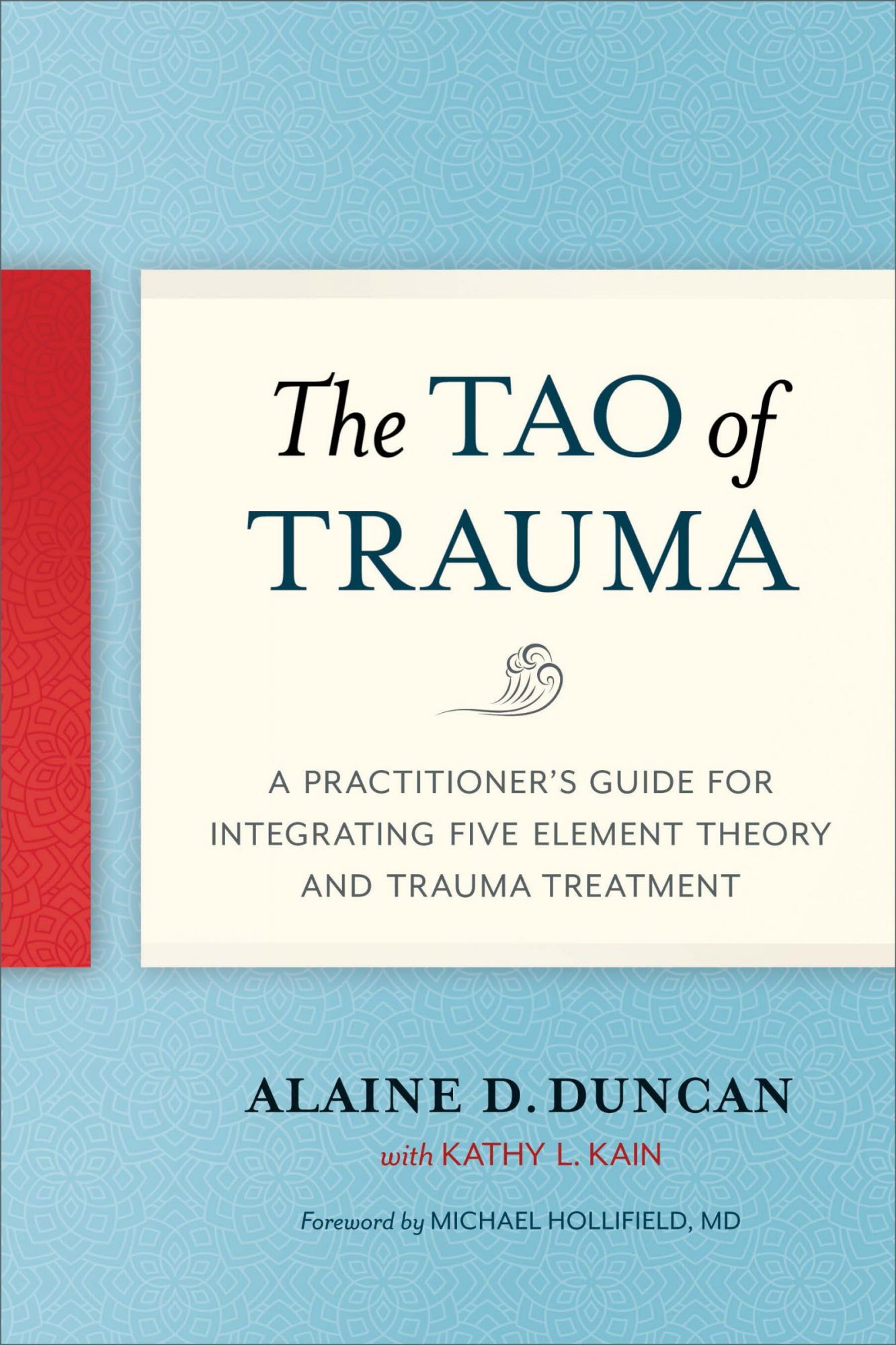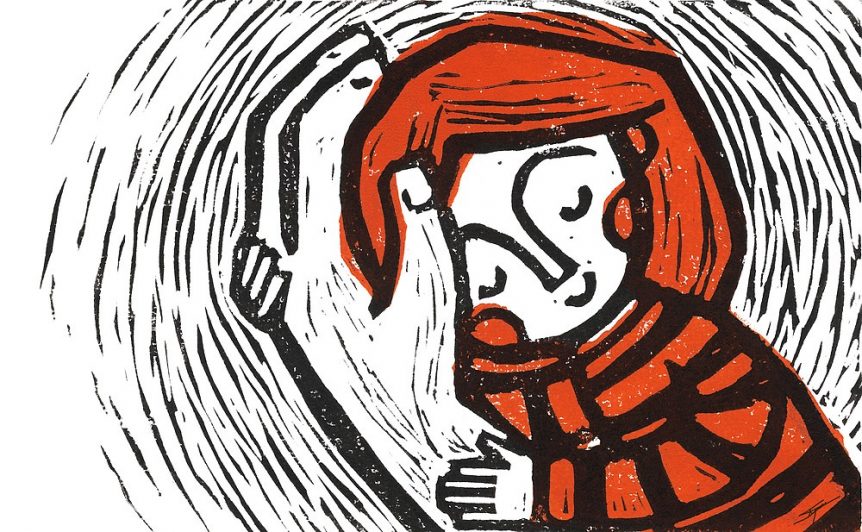Trauma Training Tip
In honor of Women’s History Month, I dedicate this month’s newsletter to the many people working, thinking, and helping us all to understand, transform, and act on overcoming gender-based violence and creating healthy communities for women, girls, and those who love them.
 According to the American Psychological Association, “women are twice as likely to develop PTSD, experience a longer duration of posttraumatic symptoms, and display more sensitivity to stimuli that remind them of the trauma.” One thesis for why women are so vulnerable is that they are at greater risk of sexual assault — and sexual assault causes PTSD more frequently than other life events.
According to the American Psychological Association, “women are twice as likely to develop PTSD, experience a longer duration of posttraumatic symptoms, and display more sensitivity to stimuli that remind them of the trauma.” One thesis for why women are so vulnerable is that they are at greater risk of sexual assault — and sexual assault causes PTSD more frequently than other life events.
The World Health Organization (WHO) reports that approximately one in three women is sexually assaulted once in her lifetime. The most common trauma for females is child sexual abuse or sexual assault. Rates of these types of abuse are higher for women than men. Also, women have an increased likelihood of being abused or neglected as a child, to have a loved one die suddenly in their presence, or to be a survivor of domestic violence.
Thankfully, modern understandings of the neurobiology of traumatic stress are giving rise to clinical approaches that can transform the impact of the profoundly intimate wounds caused by sexual trauma.
Helping a survivor “find” their “yes” and their “no” as you ask for permission to touch them in a safe place, such as the back of their arm, can help restore a sense of personal power and agency over their body. This can be especially important if the sexual assault happened as a child or at the hands of an authority figure.
Our neurological system can also benefit from bringing in a “safe ally” to a memory of an assault. This protector can be invited to take actions that result in a safe outcome in body-memory. It’s important that the ally, and the actions, emerge out your client’s own inner reality — and to allow the action to be just as brutal as it needs to be. They are not actually going to engage in violence in real-life; in fact, by playing out their rage in body-memory you are freeing them from acting out their rage in the future.
Alaine’s Two Cents
 Judith Herman is a feminist psychiatrist and faculty member at Harvard Medical School. She was the first person to describe the complex impact of incest and sexual assault in women. Her role in the history of the interface of women’s rights, civil rights, and the understanding of traumatic stress cannot be over-stated. Until her 1997 book, Trauma and Recovery: the aftermath of violence — from domestic abuse to political terror, PTSD was primarily associated with male survivors of war trauma. This landmark book on the suffering of women survivors of sexual abuse is a foundation for healing our world. I highly recommend it.
Judith Herman is a feminist psychiatrist and faculty member at Harvard Medical School. She was the first person to describe the complex impact of incest and sexual assault in women. Her role in the history of the interface of women’s rights, civil rights, and the understanding of traumatic stress cannot be over-stated. Until her 1997 book, Trauma and Recovery: the aftermath of violence — from domestic abuse to political terror, PTSD was primarily associated with male survivors of war trauma. This landmark book on the suffering of women survivors of sexual abuse is a foundation for healing our world. I highly recommend it.
In this fascinating interview with Harry Kreisler of the University of Berkeley, Dr. Herman shares the trajectory of her formative history as the daughter of immigrants, her mother’s black-listing as a member of the Communist Party, USA, and her development through the civil rights movement and feminist movements. https://www.youtube.com/watch?v=USTKmffoQms
Check This Out
 My thanks to Keith Weinstein, MFT for this beautiful review of The Tao of Trauma, published on his blog. It is a beautiful piece of writing in so many ways – and left me feeling extraordinarily heard, seen, and understood on reading it. Thank you Keith!
My thanks to Keith Weinstein, MFT for this beautiful review of The Tao of Trauma, published on his blog. It is a beautiful piece of writing in so many ways – and left me feeling extraordinarily heard, seen, and understood on reading it. Thank you Keith!
If upon reading The Tao of Trauma you feel similarly moved to write an endorsement, I would appreciate you posting it on Goodreads, Books-A-Million or Amazon. It can make a big difference for an uninitiated reader.
Clinical Curiosity
Where is your clinical curiosity carrying you?
Send me a question or two and I will explore them with readers in this corner next month.
Q. I have a patient who writes me lengthy emails, asking for my opinion of various thoughts or feelings coming up for her. She sounds like she’s quite activated and is looking for my assurance. What’s the best way to help her?
A. Yes, people with trauma physiology can feel very desperate – and your relationship may be a critical oasis of safety in what feels like a very unsafe inner world. It’s natural for her to reach out to you, and a great sign of her trust in your relationship.
I recommend having such emotionally charged conversations in person, and ideally with your hand under her kidney/adrenal system. You will be able to help her track her arousal, sandwich it between thick slices of safety and relationship, and integrate her experiences of safety, relationship, and her own inner regulation when you are sharing the same energy field and are in touch with her energy body.

